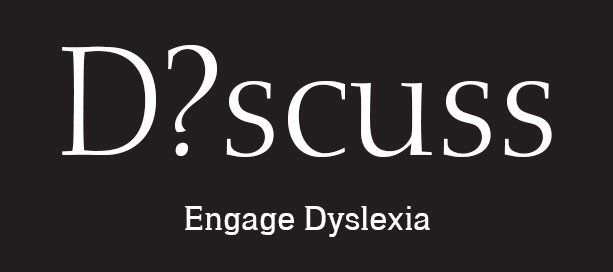Lessons From a Genius
iSpeech.org
Stephen Hawking was just past his 21st birthday when he was diagnosed with a rare neurological disease. His doctors told him he would only live a few more years. He lived another 55 years and passed away in March of this year. Despite being wheelchair bound and unable to speak he became as one fellow scientist described him ‘the number one celebrity scientist in the world’.
What can those of us with dyslexia learn from a scientist and genius like Hawking?
As I read through his history and some of his quotes, I realized that the answer to this question is actually quite a lot. Before he was stricken with the disease that forced him into a wheelchair, he overcame dyslexia. As Hawking said in an interview
‘The challenge of dyslexia is something that you can make your own and make it a reason to be a winner in life’
His ability to overcome obstacles can teach us a lot about dealing with dyslexia.
Attitude
Hawking must have been devastated when he was given the news that he would be in a wheelchair for the rest of his life. But he overcame it and developed a healthy attitude towards his disability.
‘My advice to other disabled people would be, concentrate on things your disability doesn’t prevent you doing well, and don’t regret the things it interferes with. Don’t be disabled in spirit’
Assistive Technology
Hawking made the most of assistive technology throughout his life. He used the latest in wheelchair technology as his physical capabilities declined. His use of voice synthesis is legendary. It is hard to believe that a person with his physical limitations was able to be the best known scientific author of his time.
As we deal with dyslexia, we luckily live in an era where there is a growing set of technology tools that can offset some of the challenges of dyslexia.
Playing to Your Strength
‘What I have learned from life is to make the most of what you have got’
We often talk about the importance of playing to your strength. Hawking understood that very well and it was at the center of his success.
Interesting View of Intelligence and Adaptability
For a person whose intelligence by traditional measures was off the charts, Hawking had an interesting view of intelligence and downplayed his own extreme intelligence. When asked how high his own IQ was he replied:
‘I have no idea. People who brag about their IQ are losers.’
In fact, Hawking had a much different view of intelligence. He is quoted as saying:
‘Intelligence is the ability to adapt to change’
That was certainly an important element in his life as he adapted to physical changes brought about by his degenerative disease and in his work as his advanced theories continued to evolve.
Curiosity
Another important lesson from Hawking is the need to continue to ask questions and be curious. In his words:
‘It’s a crazy world out there. Be curious’
This is important advice for all of us. There will continue to be new research and new technology that will present opportunities for people with dyslexia. We must continue to be curious and continue to adapt to change to make those opportunities work for each of us.
Humor
‘Life would be tragic if it weren’t funny’
Hawking’s quote is easy to understand. It would be easy to be in his shoes and view life as tragic. But he recognized the importance of humor in dealing with the challenges that life had dealt him.
As we deal with dyslexia, keeping a sense of humor is also very important. Without it, life can at times seem tragic.
So, here’s to Stephen Hawking…genius who overcame huge obstacles and left behind great scientific accomplishments and an approach to life that we can all learn from. As he so wisely pointed out:
‘However difficult life may seem, there is always something you can do and succeed at’
Be curious, keep a sense of humor and leverage technology to adapt to change. That is genius.
